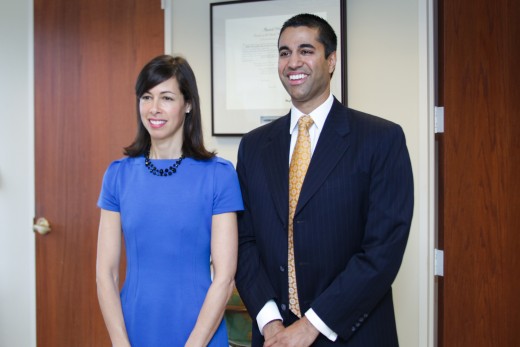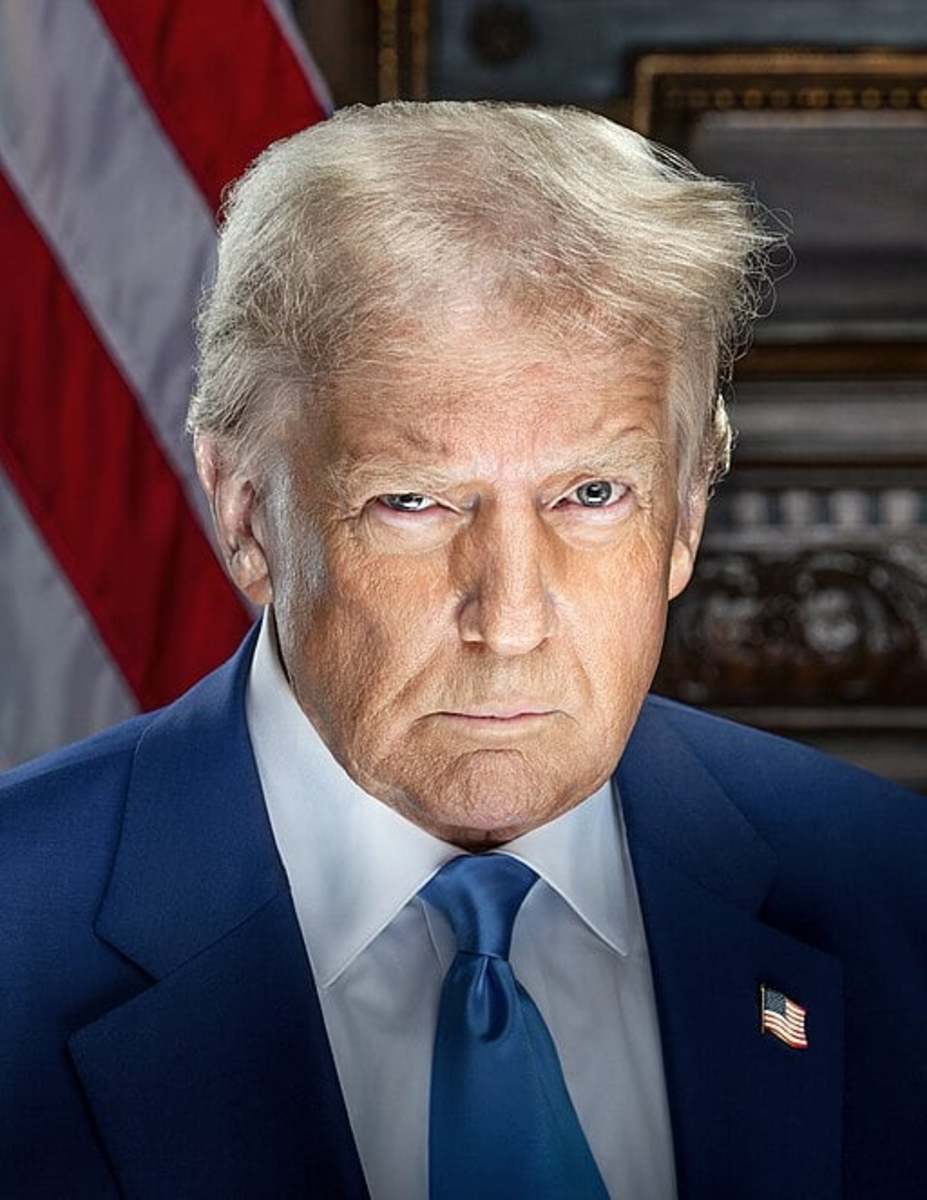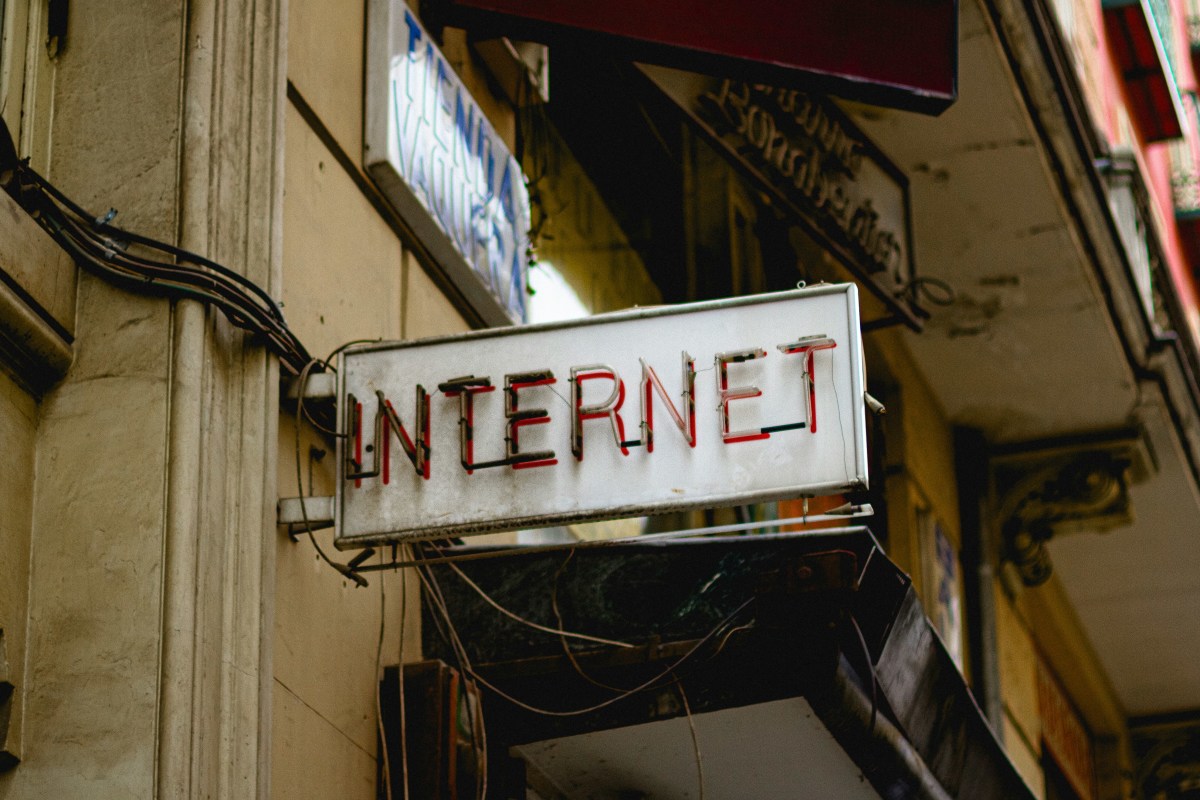The Ups and Downs of Net Neutrality - Here But Soon to Be Gone

In what appears to be an outright victory for telecommunications and cable companies, Federal Regulators are preparing to completely dismantle the open-internet rules known as Net Neutrality, established during President Obama’s tenure in office. The regulations were considered a necessary action by the Administration at the time, to provide equal access to the web for all Americans. After nearly a year of intense debate, the new regulations were implemented in February, 2015. On that day, the five voting members of the Federal Communications Commission voted 3-to-2 to reclassified broadband Internet access as a “common carrier” under Title II of the Telecommunications Act. This action made the Internet a regulated utility similar to natural gas, water, or electricity.
One of the key provisions of the 2015 regulations was that all Internet service providers, regardless of size, would be forced to treat all content providers, regardless of size, as completely equal. It meant that huge streaming companies such as Netflix or Hulu would get the same speeds and pay the same rates as a start-up company. The practice of favoring or blocking content providers or being allowed to charge them to provide faster delivery times was made illegal. Many outsiders saw this as another attempt by the Federal government to take control of a large part of the economy, similar to what was seen with Obamacare. Others commented that the Internet was a free-market platform and should be left to free-market forces and that the government had no place in what prices could be charged for services.
Two Sides With Two Different Objectives
The issue had two sides throughout the debate period, mostly along political party lines, prior to and since its passing. Those who supported the law have openly stated that the Internet should be considered a human right with equal access; no different than public restrooms or access to education. This group believed that allowing one company to buy a faster speed or get more access was a violation of the rights of all users. Those who were against the law saw it as another unnecessary regulation that would reduce investment and innovation into a wide array of Internet intellectual properties. Without the ability to differ content offerings on the internet with faster speeds or quicker load-times, many companies might look elsewhere to grow their businesses. This side felt that privately-held Internet service providers should have the right to decide how they deliver content and what to charge for different levels of services.
On Tuesday, November 21st, Federal Communications Commission Chairman Ajit Pai announced plans to repeal the 2015 law. The exact details of this plan have not been made public, but they are expected to be put to a vote in December. It is expected to pass. If the repeal goes forward as expected, Americans will see the Internet revert to the way it was before the Obama Administration attempted to reclassify it. Internet service providers will once again be able to compete with one another using a combination of discounts, bundled packages, and advertising to market their services as they please. Opponents are still citing concerns that Internet giants such as Google or Amazon could effectively eliminate competition by outspending them or keeping their content from loading quickly. The action by Chairman Pai is part of a larger plan of across-the-board, deregulation by the Trump administration.
© 2017 Ralph Schwartz








